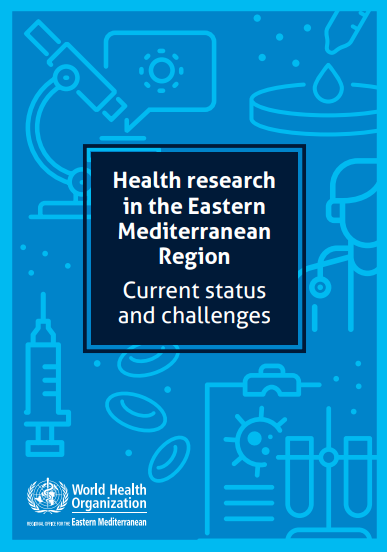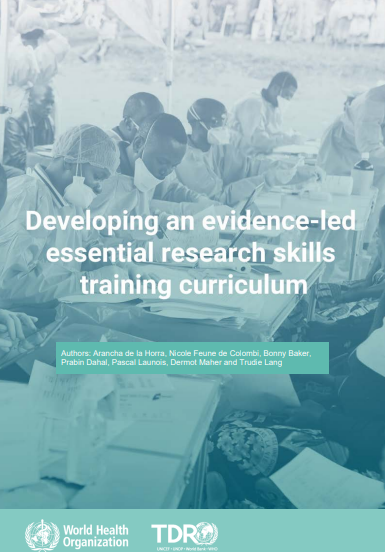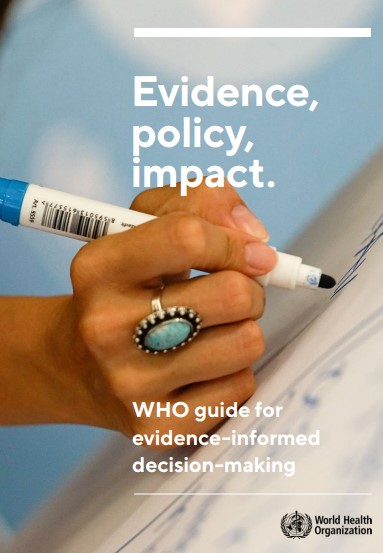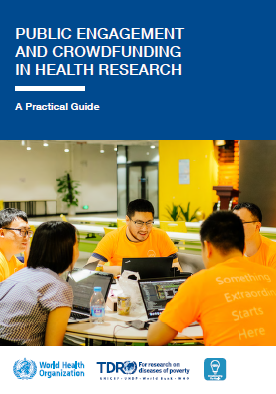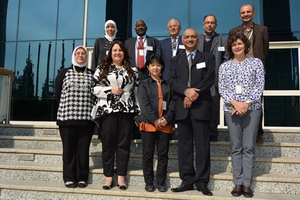 RERC membersResearch Ethics Review Committee (RERC) members meet on an annual basis to ensure the compliance of health research in the Region with WHO’s policies and regulations for the conduct of health research. The 2018 annual meeting was held on 11–12 November 2018 at the WHO Regional Office for the Eastern Mediterranean in Cairo, Egypt.
RERC membersResearch Ethics Review Committee (RERC) members meet on an annual basis to ensure the compliance of health research in the Region with WHO’s policies and regulations for the conduct of health research. The 2018 annual meeting was held on 11–12 November 2018 at the WHO Regional Office for the Eastern Mediterranean in Cairo, Egypt.
The objectives of the meeting were to: review progress on the recommendations of the 2017 meeting; plan for the RERC’s work during 2019 and beyond; discuss the status of upcoming regional bioethics summits; and address the challenge of observing health research ethics during emergencies.
The meeting was inaugurated by Dr Arash Rashidian, Director, Department of Information, Evidence and Research, WHO Regional Office for the Eastern Mediterranean, who emphasized the key role of the RERC in scaling up health research ethics in the Region and reviewing selected research proposals for WHO funding that involve human subjects.
The meeting was attended by RERC members, and was co-chaired by Professor Mohamed El-Sheikh (Sudan) and Professor Michel Daher (Lebanon), while Dr Niveen Abu-Rumeileh (Palestine) was the meeting’s Rapporteur.
The meeting covered many topics including: a review of progress on the recommendations of the 2017 meeting; the statement of the 2018 Global Bioethics Summit in Dakar, Senegal; the ethics of research with vulnerable people/populations; capacity-building opportunities in research ethics, opportunities for collaboration; and the ethics of research during emergencies.
The second day of the meeting included a workshop on the ethical aspects of managing infectious disease outbreaks, by Dr Andreas Reis from WHO headquarters. The workshop covered ethical issues in TB prevention and treatment, ethics and vector-borne diseases, ethics and universal health coverage, and ethics, big data, and artificial intelligence.






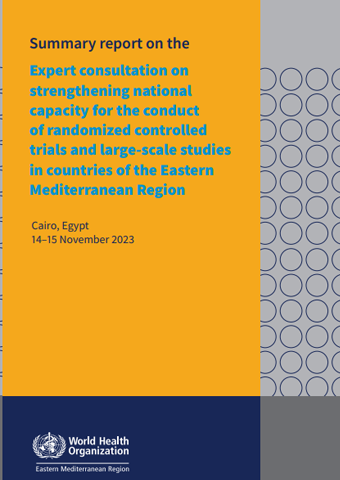
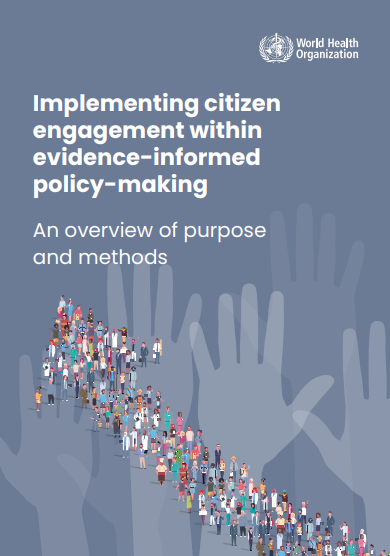
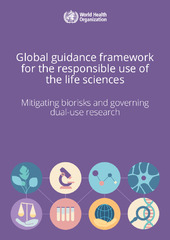 Global guidance framework for the responsible use of the life sciences
Global guidance framework for the responsible use of the life sciences